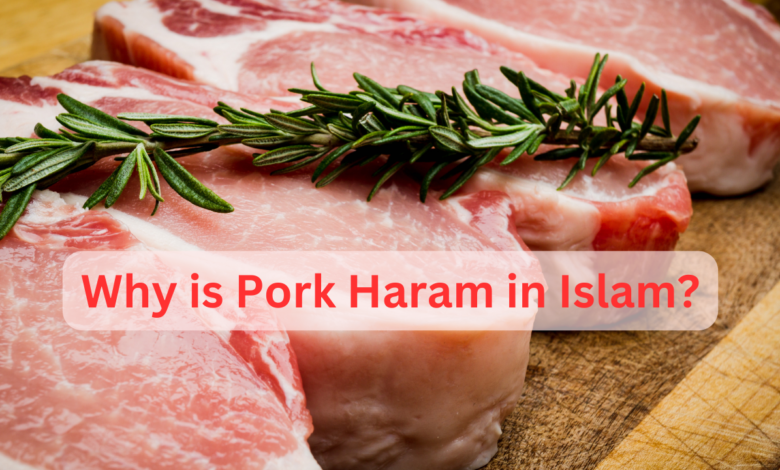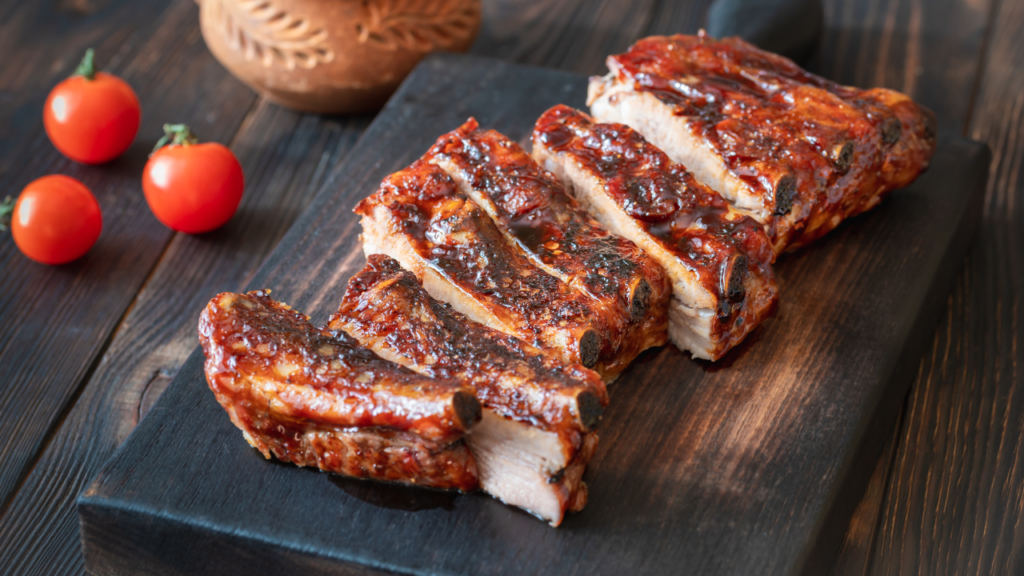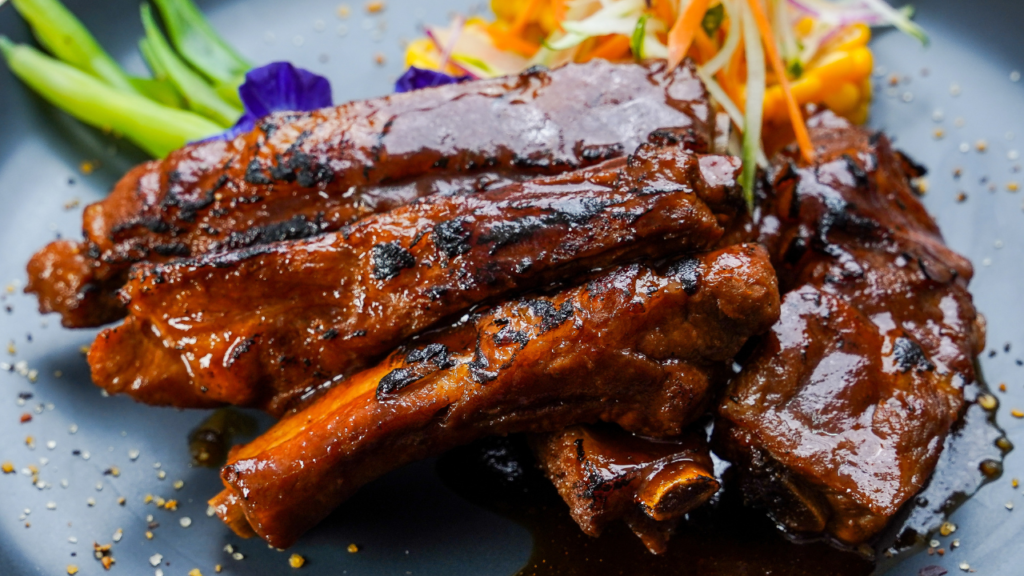Why is Pork Haram in Islam?
Understanding the Prohibition of Pork in Islamic Dietary Laws

Why is Pork Haram in Islam?
Pork is forbidden in Islam primarily due to clear Quranic prohibitions in Surah Al-Baqarah (2:173) and Hadith traditions that emphasize its impurity and potential harm. Additionally, cultural perceptions of pigs as unclean animals contribute to this prohibition.

Introduction
Islamic dietary laws, also known as Halal, play a fundamental role in the lives of Muslims around the world. These laws outline what is permissible (Halal) and what is forbidden (Haram) for Muslims to consume. One of the most well-known prohibitions in Islamic dietary laws is the consumption of pork. But why is pork considered Haram in Islam? This article delves into the religious, cultural, and health reasons behind this prohibition.
Religious Reasons
- Quranic Prohibition: The primary source of Islamic teachings, the Quran, explicitly prohibits the consumption of pork in several verses. In Surah Al-Baqarah (2:173), it is stated, “He has only forbidden to you dead animals, blood, the flesh of swine, and that which has been dedicated to other than Allah.” This clear and direct verse makes it evident that the consumption of pork is not permissible in Islam.
- Hadith (Prophetic Traditions): In addition to the Quranic prohibition, the Hadith, which are the recorded actions and sayings of the Prophet Muhammad (peace be upon him), also reinforce the prohibition of pork consumption. Numerous Hadiths emphasize the impurity of pigs and the harm associated with their consumption.
Cultural and Historical Context
- Purity and Impurity: Pigs have been historically associated with impurity in many cultures, including pre-Islamic Arabia. Their scavenging nature, diet, and living conditions were often seen as unclean. This perception contributed to the prohibition of pork in Islam, as the faith emphasizes purity in all aspects of life.
- Differentiating Factor: Islamic dietary laws serve as a way to distinguish Muslims from non-Muslims. By avoiding pork, Muslims maintain a distinct identity and adhere to their religious principles. This differentiation reinforces the sense of belonging to the Islamic faith community.
Also check.
- What is a gin in Islam?
- What is Shirk in Islam
- Who are Kiraman Katibin in Islam?
- When was the Prophet Muhammad born?
- Why Suicide is Haram in Islam
Health Considerations
- Disease Transmission: Pigs are known to harbor various diseases, including trichinosis and tapeworm infections, which can be transmitted to humans through the consumption of undercooked or contaminated pork. Prohibiting pork consumption helps protect Muslims from these health risks.
- Food Safety: The prohibition of pork is also consistent with broader principles of food safety and hygiene in Islam. By avoiding pork, Muslims reduce the risk of consuming meat from animals that may not have been raised, slaughtered, or prepared in a hygienic manner.
- Modern Health Concerns: Beyond historical context, modern scientific research has highlighted the health risks associated with excessive pork consumption, including higher cholesterol levels and an increased risk of certain diseases. These findings align with the wisdom of the Islamic prohibition.
Conclusion
The prohibition of pork in Islam is rooted in religious, cultural, and health considerations. It is not simply a matter of dietary preference but a fundamental aspect of Islamic faith and practice. By adhering to these dietary laws, Muslims aim to maintain spiritual purity, distinguish themselves from other communities, and safeguard their health. Understanding the reasons behind this prohibition can foster respect and tolerance among people of different faiths and backgrounds.

FAQs
Why is pork forbidden in Islam?
Pork is forbidden in Islam primarily due to clear Quranic prohibitions in Surah Al-Baqarah (2:173) and Hadith traditions that emphasize its impurity and potential harm. Additionally, cultural perceptions of pigs as unclean animals contribute to this prohibition.
Are there any health reasons behind the prohibition of pork in Islam?
Yes, there are health considerations. Pigs can carry diseases that can be transmitted to humans through the consumption of contaminated pork. Avoiding pork helps protect Muslims from such health risks. Moreover, modern research has highlighted health concerns related to excessive pork consumption.
How does the prohibition of pork contribute to Islamic identity?
Islamic dietary laws, including the prohibition of pork, serve as a way to distinguish Muslims from non-Muslims and reinforce their religious identity. By adhering to these laws, Muslims maintain a distinct sense of belonging to their faith community.
Can Muslims consume any pork products under specific circumstances?
In some exceptional cases, scholars have allowed the consumption of pork if it is a matter of life and death, and no other food options are available. However, such instances are extremely rare and subject to strict conditions.
How do Muslims ensure they are consuming Halal (permissible) meat?
To ensure they consume only Halal meat, Muslims rely on specific slaughtering methods, including pronouncing the name of Allah (God) during the slaughter. They also avoid cross-contamination with non-Halal foods and products.
Are there any alternatives to pork in Islamic cuisine?
Yes, there are numerous alternatives to pork in Islamic cuisine, including various Halal meats such as beef, chicken, lamb, and fish. Muslims also enjoy a wide range of vegetarian and vegan dishes that do not include any animal products.




